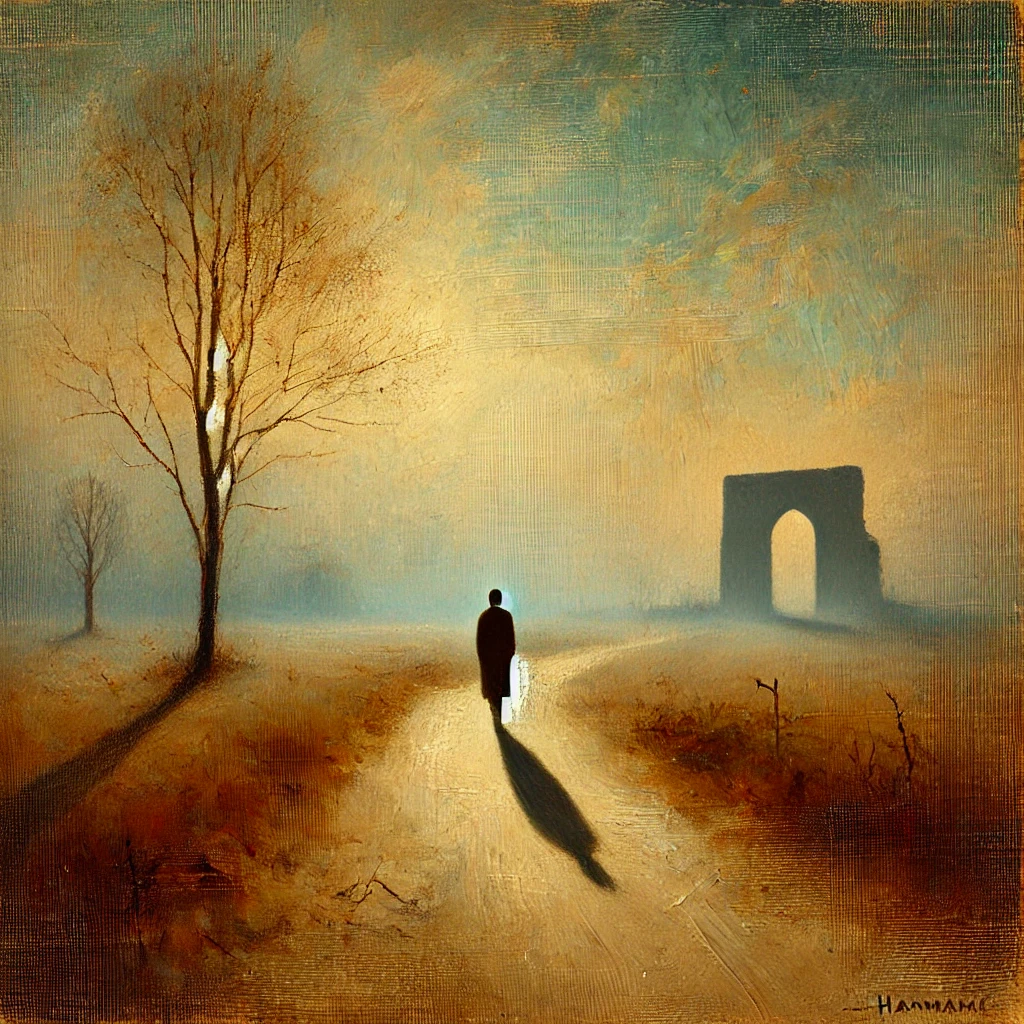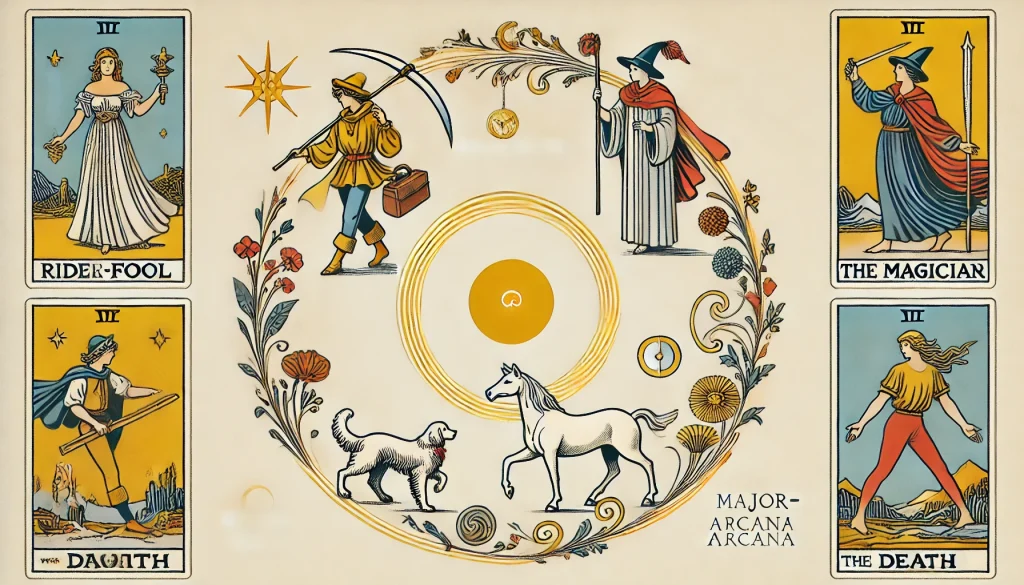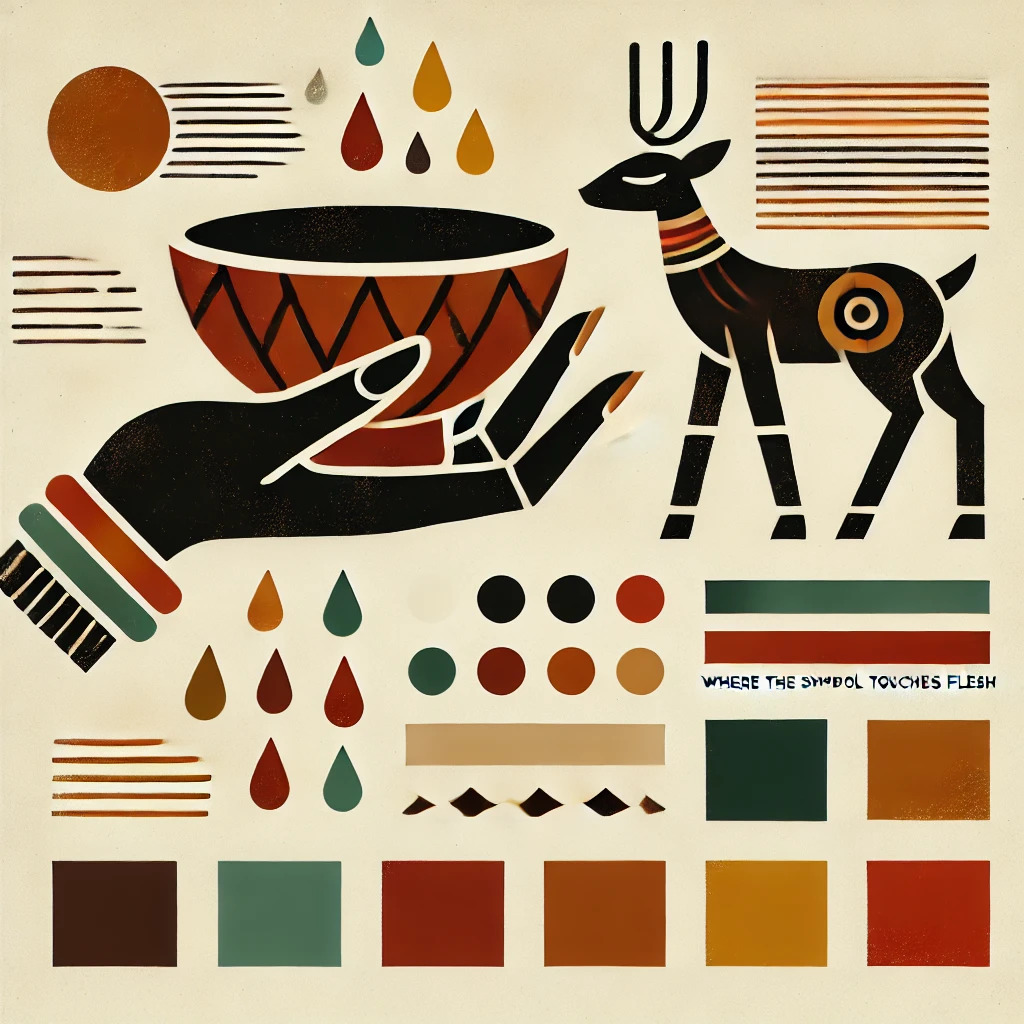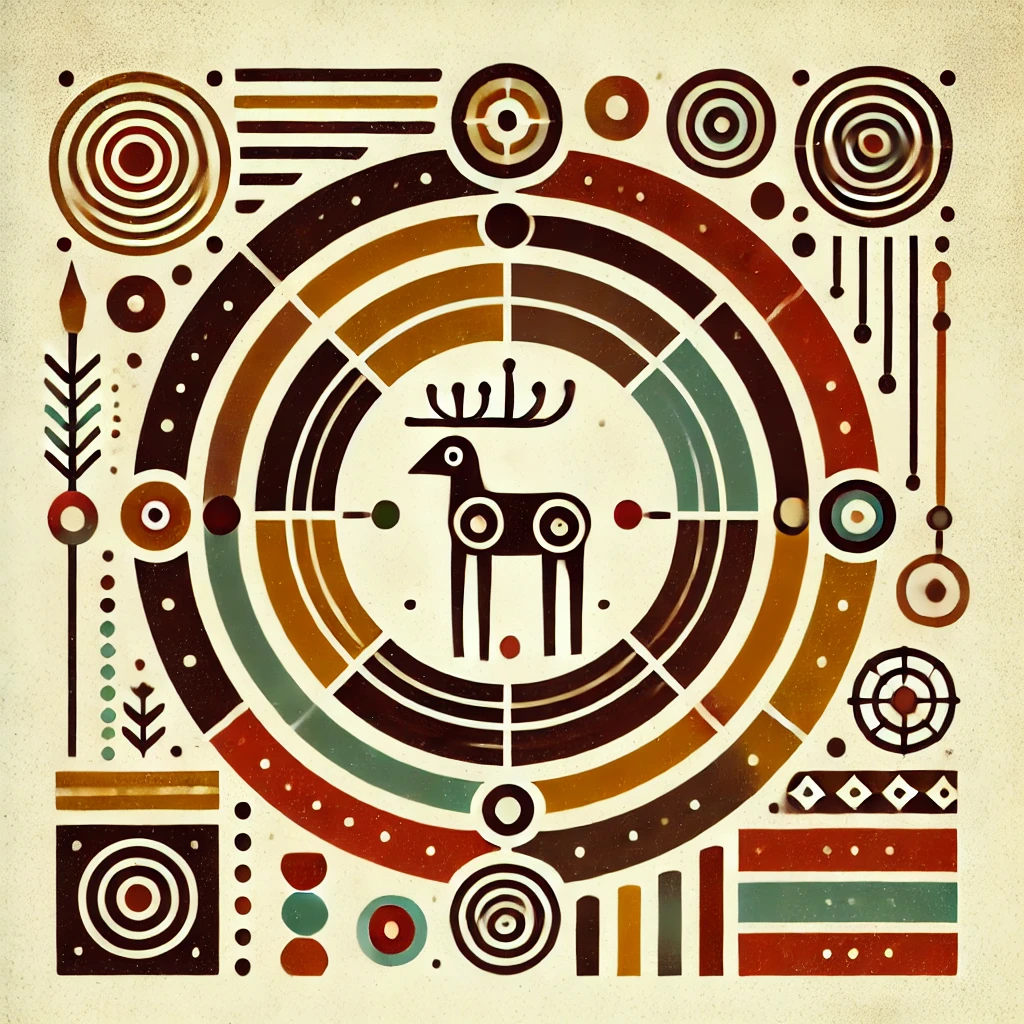A Soulful Glimpse into Jungian Psychology
In myth and in life, real transformation often begins with descent. Not the kind of descent we choose, but the one that chooses us. A job ends. A relationship falls apart. The body fails, or the world no longer makes sense. The ego, once proud and certain, is brought to its knees. At the surface, things fall apart. But underneath, something else begins.
Carl Jung understood this descent better than most. He knew that the psyche is not linear, not logical in the usual sense. It is mythic, imaginal, and shaped by unseen forces. To walk the path of depth psychology is to enter a territory where we are no longer the sole ruler of the house. We are asked to listen to what has long been ignored. That listening, though often painful, is what draws the soul back into life.
I listened to this online course for my blog An Introduction to Jungian Psychology on JungPlatform.com. In it, Jungian analyst James Hollis offers a wise and grounded initiation into the foundations of Jung’s work.
The course opens with the ego. We are not born with one, Hollis reminds us. It slowly forms, built from experience and memory. But for all its usefulness, the ego is not the captain of the ship. It is a small raft floating on a vast sea. When overwhelmed, it tries to pretend it is in charge. That overreach is called inflation. And it sets the stage for suffering.
Beneath the ego lies the unconscious. This is not a trash heap for rejected feelings. It is a living realm, full of images, energies, and patterns that shape us from within. Here we meet the shadow—the parts of ourselves we deny or repress. These might be fears, cravings, instincts, or even lost talents. The shadow is not evil. It is simply unlived life. And what we do not face in ourselves, we tend to project onto others.
The course also explores the persona. This is the mask we wear to adapt and belong. It is necessary, but also dangerous. When we confuse the mask for the self, we become hollow. We live from outside in, forgetting the inner fire that gives life its warmth. Hollis points out that the persona is not who we are, but who we think we are supposed to be.
Within the depths of the psyche live two powerful inner figures: anima and animus. These are not gender roles, but expressions of the soul’s longing for wholeness. They carry qualities we have forgotten or never developed—intuition, strength, imagination, clarity. When unconscious, they distort our relationships. When brought to awareness, they become guides toward inner balance.
These psychic structures—ego, shadow, persona, and inner figures—form the terrain of the inner world. To know them is to know more of who we truly are. But the journey inward is not a project of the ego. It is the calling of the soul. In mythic language, it is the time when the hero must descend into the underworld, not to win, but to remember.
In a culture addicted to speed and surfaces, Jungian psychology slows us down. It teaches us to listen to dreams, track patterns, and learn from symptoms. It offers no quick fix. But it does offer meaning. And sometimes, meaning is the only light strong enough to guide us through the dark.
This course is not for the faint-hearted. It is for those who have heard the knock on the door in the middle of the night. For those who know that something important has been left behind. For those who suspect that their life contains more than what they have been told.
Jung said that we spend the first part of life creating a mask, and the second learning how to take it off. That work of unmasking is sacred. And it is not done alone. The psyche is full of voices, full of gods, full of memory. When we begin to listen, we realize that even in our most lost moments, something within us has always known the way.
Madeline – Soulful Nuggets Team
This blog is a reflection on the course ‘Introduction to Jungian Psychology‘ taught by James Hollis .





